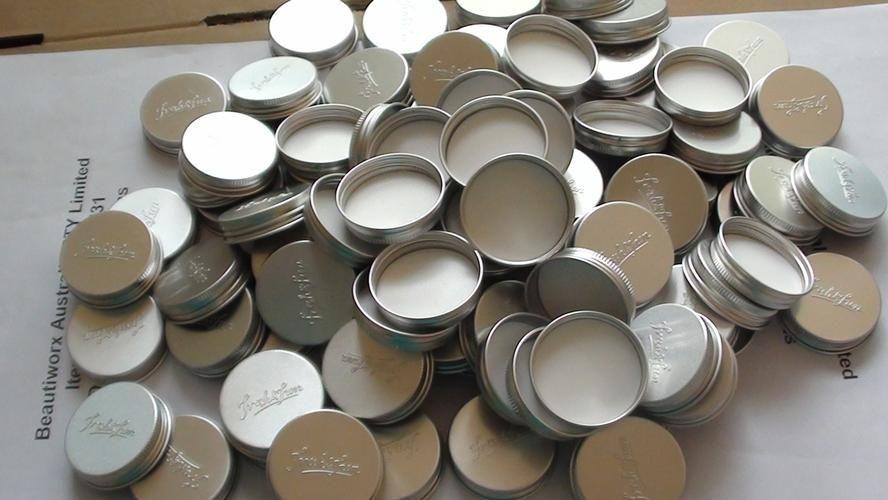Aluminum coils are a crucial component in the manufacturing of beverage can caps. The quality of these coils directly impacts the final product, influencing factors like durability, appearance, and functionality. Rigorous quality control measures are therefore essential to ensure the production of high-quality aluminum coils that meet stringent industry standards.
Key Quality Control Parameters
Chemical Composition:
Alloy Composition: The precise alloy composition of the aluminum coil is critical. It determines the material's strength, ductility, and corrosion resistance.
Impurity Levels: Impurities can adversely affect the coil's properties. Strict control over impurity levels is necessary to ensure consistent quality.
Mechanical Properties:
Tensile Strength: The coil must possess sufficient tensile strength to withstand the forming and drawing processes involved in cap production.
Elongation: Good elongation properties are essential for the coil to deform without breaking during the manufacturing process.
Surface Quality:
Surface Finish: A smooth and uniform surface finish is crucial for optimal printing and coating adhesion.
Scratches and Defects: The coil should be free of scratches, pits, and other surface defects that could compromise the final product's appearance.
Thickness:
Uniform Thickness: Consistent thickness across the coil is vital for efficient processing and to ensure the caps meet dimensional specifications.
Thickness Variation: Minimal thickness variation is essential to prevent issues like tearing or wrinkling during forming.
Metallurgical Structure:
Grain Size: The grain size of the aluminum affects its mechanical properties and formability.
Texture: The texture of the aluminum, or the preferred orientation of the grains, influences its behavior during processing.
Quality Control Techniques
To ensure the quality of aluminum coils, manufacturers employ a variety of techniques:
Spectrometric Analysis: This technique is used to determine the precise chemical composition of the aluminum alloy.
Tensile Testing: Tensile tests measure the mechanical properties of the material, including tensile strength and elongation.
Hardness Testing: Hardness testing assesses the material's resistance to indentation.
Surface Inspection: Visual inspection and advanced techniques like eddy current testing are used to evaluate surface quality.
Thickness Measurement: Micrometers and ultrasonic thickness gauges are used to measure and monitor thickness.
Metallurgical Analysis: Techniques like optical microscopy and scanning electron microscopy are used to examine the microstructure of the aluminum.
By implementing rigorous quality control measures and utilizing advanced testing techniques, manufacturers can produce high-quality aluminum coils that meet the demanding requirements of the beverage can industry. This ensures the production of durable, aesthetically pleasing, and functional beverage can caps that delight consumers worldwide.



